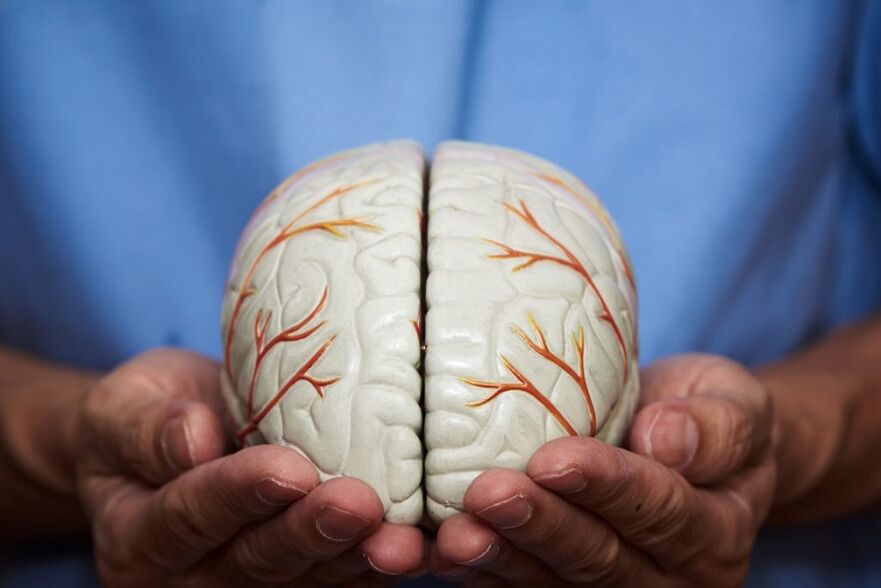
Everyone knows that getting rid of alcohol addiction and quitting drinking is very difficult, and for most people almost impossible. Drinking alcohol was held tightly in his persistent hands. Overcoming psychological addiction controlled by your own brain is a difficult task, because the brain does not obey you in most cases, but your body obeys the brain. The body wants to drink water, and you will find water. The body wants to eat, signals to the brain and it, controlling you, finds food. And the brain wants to get a dose of alcohol, and you really want to drink. So why is there a desire in our body, and, in fact, in our brain, to drink alcoholic beverages?
Why does the brain want to drink alcohol?
Here we must find when the connection between the brain and drinking begins to arise. Everyone can notice that the onset of alcohol consumption in humans is associated primarily with good and sunny events - holidays, weddings, anniversaries and corporate parties. And remembering all these holidays you remember, which means that your brain only remembers the joy, the excitement, the good mood. If it happens badly as a result of excessive drinking, then it happens the next day and there is always a reason for this - they say, drunk, with whom it does not happen, but that's fun.
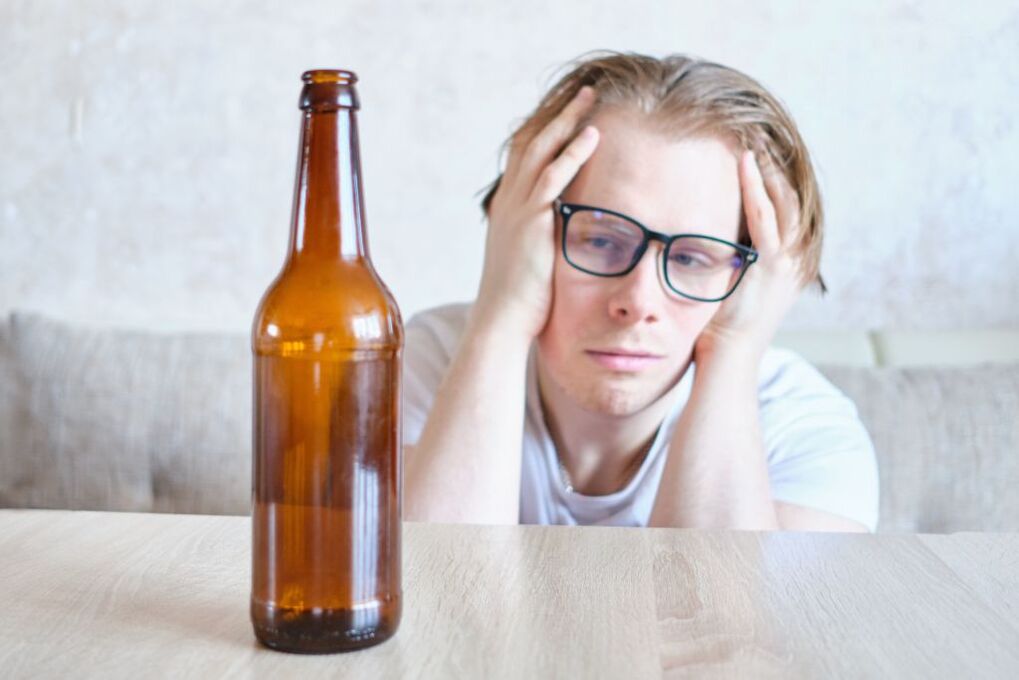
Also, many people feel that after a day of hard work, drinking a glass, other alcohol or even soft drinks such as beer, immediately followed by relieving stress, a good mood comes, fatigue subsides. Experts explain this by the fact that alcohol is actually in the group of narcotic substances, and the World Health Organization equated alcohol with drugs in 1975. Entering our brains, and with almost no barrier to enter our bodies, it affects dopamine neurons, which are excited andbegins to produce dopamine, in fact, produces the hormones of happiness and pleasure. The brain senses the beginning of this period and begins to associate it with alcohol intake, which, in fact, leads to the formation of a strong and stable positive psychological relationship between alcohol consumption and the brain. Then, to get the same "fun, " you have to drink more, even more often, as dopamine receptor sensitivity becomes increasingly dull. And, in fact, a person smoothly enters the second stage of alcoholism, when there is not only a psychological relationship, but also a physiological dependence on alcohol consumption, which requires immediate treatment for alcohol dependence.
How to Stop Drinking?
Therefore, those who understand their "future", in which their lives are often drunk, and who want to get rid of this dependence, actually have to fight the brain itself, which begins to have a stable psychological relationship and the need to drink alcohol to get a few seconds "happy "which is fast and bright in life after drinking.
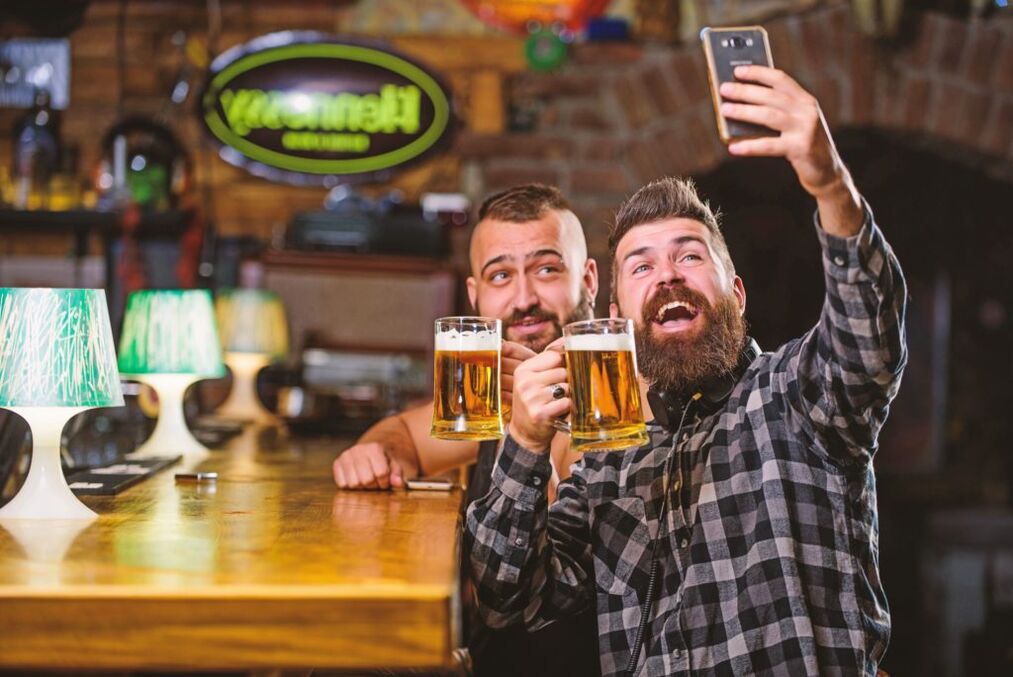
Step 1 - Admit it that the brain is actually our worst enemy!
All the problems we face initially arise at its depth (fear, anxiety, reluctance), this is the work of the brain. This creates obstacles for us, creates difficulties, forms habits and prevents us from overcoming them.
By drinking alcohol, we get large amounts of dopamine secreted by the brain from contact with alcohol, the neurotransmitter responsible for joy, euphoria, excitement in the brain. This number is so large that it overshadows the most joyful moments in our lives. This "unearned" flow of joy and excitement comes precisely from the effects of alcohol on the brain. So after getting "cheap" pleasure through alcohol and getting a strong bond with it, he strives to achieve - like, "I want more pleasure like that, I want more quick pleasure, I want to quickly get rid of stress from life" in a wayeasiest, by drinking alcohol, without trying to complete the difficult task stacked, and then enjoy the solution.
Step 2 - desire is the cause of all beginnings!
Only desire can completely rebuild your brain, and form the right order in it. Just the desire to get more "difficult" pleasure, more "difficult" pleasure, obtained after using a lot of strength, and not just - I drink and "I feel good, and I do not care about anything. " Just the desire toreceiving actual "acquired" joy interferes with the brain’s desire to receive "light" joy quickly, in the here and now. Because, as soon as you decide to stop drinking alcohol, you declare war in your brain, at the same time you place an order in your head for another "work" desire and take the direction of serenity.
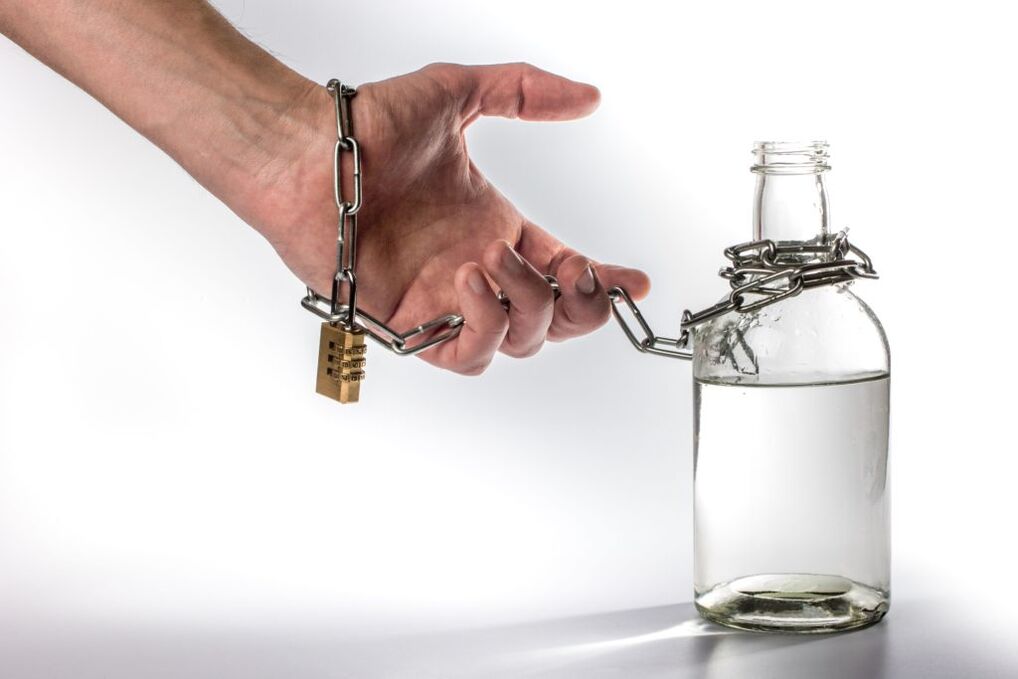
Step 3 - Quit Easy! Not starting again is difficult!
Don't start. . . Sometimes it's hard! That’s why - letting go of addiction is always a war. The brain emits a strong desire to accept something, and removes all obstacles to this. Your will is the only barrier to drinking alcohol.
Ethanol (alcohol) is a powerful stimulant of joy and euphoria in the brain. If you stop drinking, chances are you’ll start thinking how easy it is to drink beer, or vodka, or brandy right now. Remember alcohol as a pleasant event, but otherwise the brain will not remember alcohol, which brings with it a lot of happy feelings and euphoria, and all this at once, you will not be able to resist the urge to drink again. Here you must be able to regard alcohol as a bad event, or coded. Coding alcohol will help revive this desire and provide time for opportunities to be negative rather than drinking alcohol.
4 steps - will not last long!
Therefore, this desire must be evaluated. . . Rate on a 10 -point scale. How strong that desire is (like a hurricane or like a storm). Rarely, when aware of the level of desire, the scale reaches a strong 10 -point thirst. Therefore, based on the results of consciousness, it is necessary to change this weak desire to another type of activity.
Begin to receive simple natural human joys from life, from work, from family, from hobbies, from communication with others. Never drink alcohol, otherwise you will have to start all over again.
The more diverse your new entertainment, the faster the brain will adapt to low levels of normal dopamine, and as we remember, alcohol dramatically and repeatedly increases dopamine levels in the body.
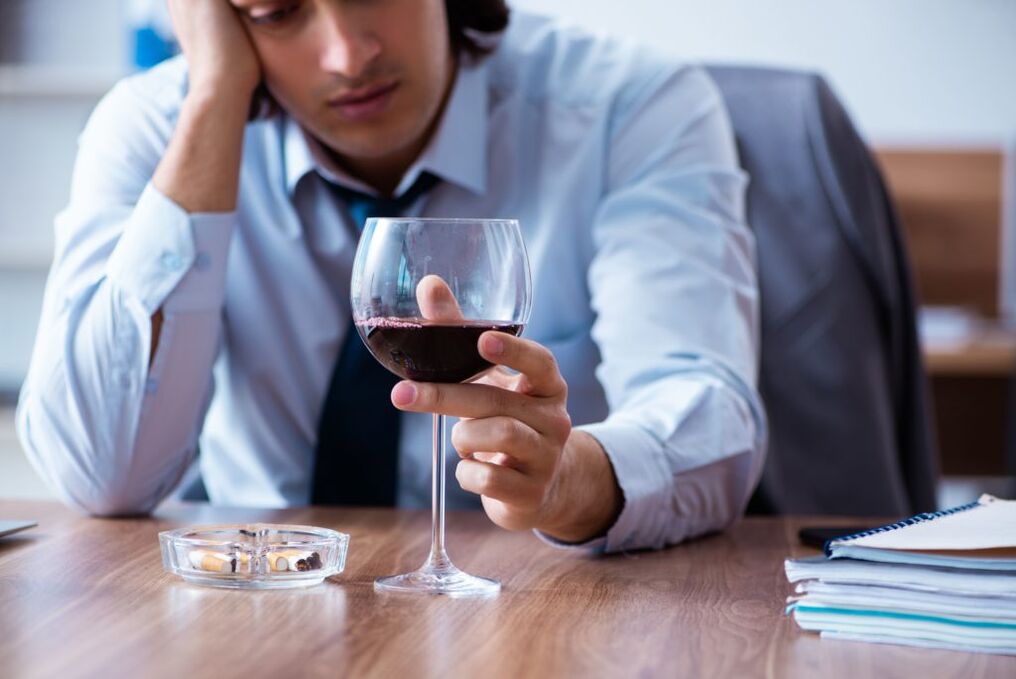
Step 5 - Get Rid of Alcohol Only!
We don’t recommend quitting and quitting smoking at the same time, or giving up your favorite foods. If this is done at the same time, then the risk of damage increases many times over, because when letting go of everything, the brain experiences more stress than when letting go of some habit or addiction. In the beginning, you can save the rest of your bad habits.
So if you decide to stop drinking, then stop drinking. If it is more important for you to quit smoking, then quit smoking. By dropping it all at once, you will not be able to resist the temptation of two or three times. And if you quit smoking, for example while smoking, chances are you will stop drinking alcohol.
Step 6 - don't get lost!
In the 1st week, the most difficult moments arise when stopping drinking alcohol. Fear, anxiety, increased desire. Here, whatever one may say, it is very difficult to overcome without medication. If you understand that it will only get worse, it is better to seek medical help from your doctor. There are medications that really reduce the urge to drink alcohol, reduce stress and eliminate discomfort.
In such cases, we strongly recommend that you contact a doctor at a drug treatment center. They will help you choose the right life cycle regime to stop drinking. Provide the optimal selected medicines and vitamins and minerals needed for the body. Take control of your well -being with the latest medical devices.
After all, the most important thing is not to let go and start drinking again.
Step 7 - you need support!
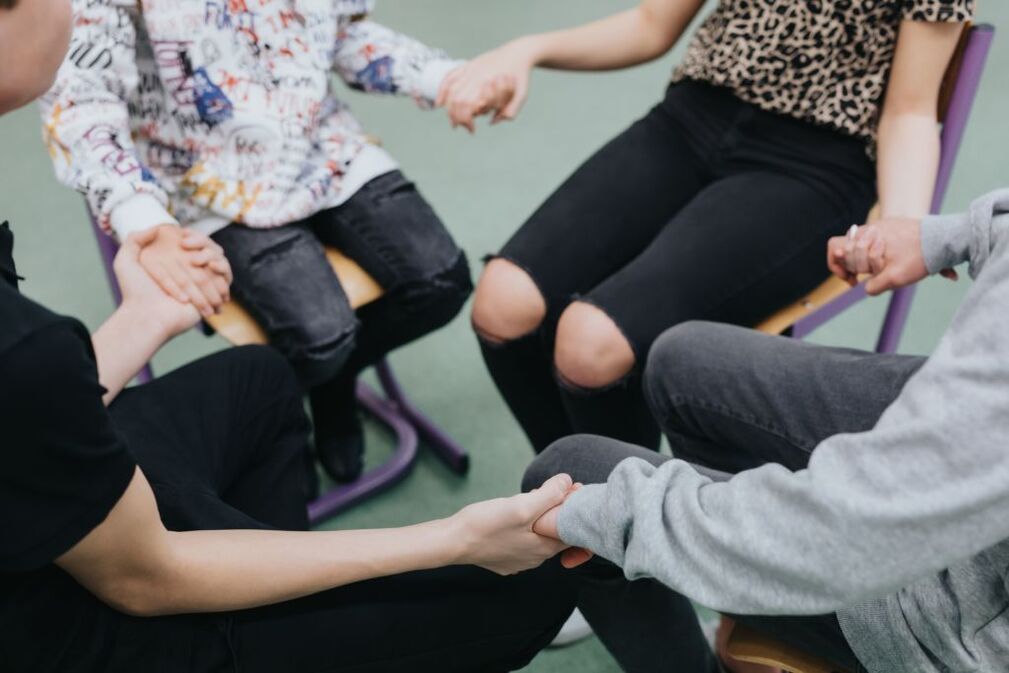
For support, there is always the opportunity to contact the Alcoholics Anonymous group. If we get rid of all habits and reluctance, then it is clear that people can help each other. Without support, we are almost helpless even in everyday life. If you do not want to join the Alcoholics Anonymous group, then you have the opportunity to contact a psychological support service.
Step 8 - Burn adrenaline!
Because of the increased amount of adrenaline in the blood as a result of alcohol rejection, it must be burned. Burning adrenaline without influencing others is only possible through physical activity. Like all things in our lives, you need to start gradually. It is better if there is an opportunity to work out in the gym. Otherwise, small outdoor walks or jogging will suffice.

If you stop drinking alcohol, take more walks, meet friends, and take an active break.
By providing sports activities to yourself, you can not only help burn adrenaline, but also strengthen muscles, nervous system, health and give your brain a new tactical and physical sensation, forcing it to be distracted from the thought of alcohol. Such extra "work" for the brain has a beneficial effect on movement along the path of serenity and an active life.
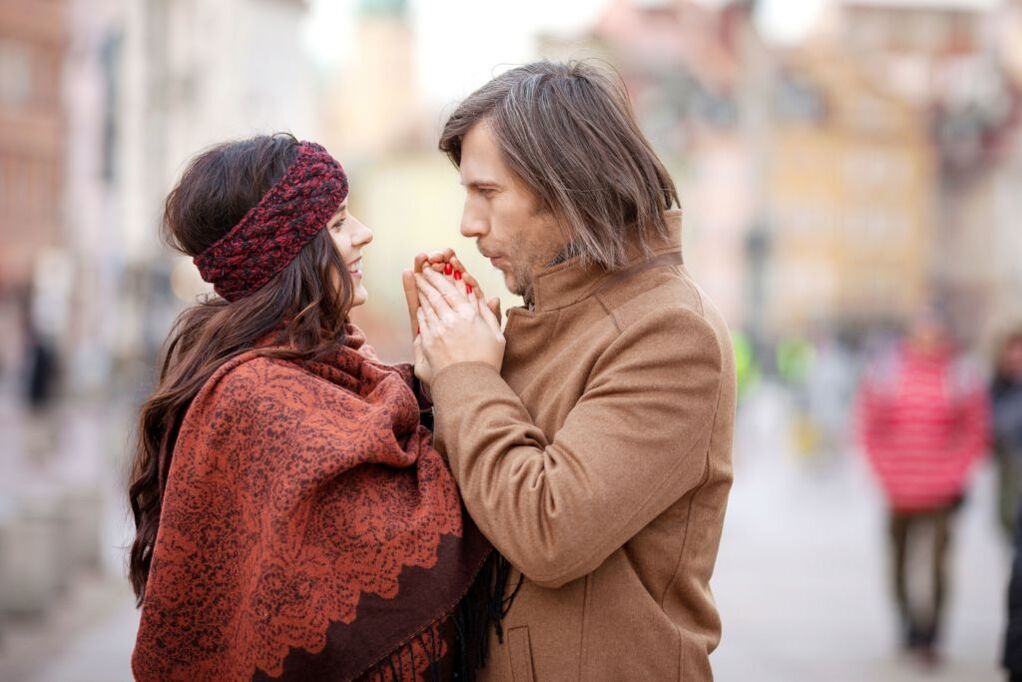
Walk and travel more with a complete rejection of alcoholic beverages.
Go hiking, travel, where the brain has no place to hide with his thoughts about alcohol. Replace and burn old memories of pleasant drinks with new effects.
Step 9 - you will succeed! Don't hesitate!
It is important to refrain: sleep, nutrition, strive in the mood, and in a positive state. Moreover, this applies to everyone, because we all depend on something. That is why the regimen is so important to achieve positive results. only a regime capable of honing us for war (first of all, with ourselves)

Step 10 - try to be happy!
Realizing after drinking alcohol is quite boring. The world around us is no longer happy with colors and events, because they do not have the strength to interfere with the state of alcohol intoxication. This boredom is also a product of our brain. Therefore, you need to constantly find yourself: hobbies, interests, new desires. Happiness is a product of our brain (like fear). The brain can be customized and it’s up to you.
Popular questions about alcohol and answers to them
Every time I stop drinking and can’t help myself - I start all over again, what should I do?
It is very difficult to stop drinking alcohol. The neural connection made in the brain between the positive idea of drinking alcohol and receiving joy, excitement and euphoria cannot be destroyed without quarreling. Alcohol belongs to the group of narcotic substances and it will not work to remove its effects on the body from the body without hard work, perseverance and willpower.
If you don’t have enough willpower to resist alcohol, then you should think of coding as an opportunity to stop drinking alcohol.
If you are full of perseverance and strength to fight alcohol addiction, then:
- Do not give up.
- Try to fool your brain, because it is the main leader of your body. Think of bad alcohol as a toxic substance, remember only bad experiences with drinking. Imagine it as a very dangerous substance and drink it with disgust, holding strong alcohol in your mouth especially to feel the problem. Do everything on purpose so that it does not please you to drink alcohol.
- Start drinking alcohol in very small doses. Just inhale a little. Be firm on this.
- For any alcohol recommendation, translate your cravings into your favorite non -alcoholic beverage, and drink only for pleasure and not alcohol.
Try with all your knowledge and tricks to fight alcohol addiction. Remember that alcohol controls your brain.
Can alcohol coding be part of alcohol dependence treatment?
Coding is often included in treatment to allow the patient to go through the coding time without drinking. During this time, you can usually improve your health, be crushed by alcoholic beverages, restore family and labor relationships, if they are violated due to alcohol addiction, and recover morally and physically.
Can a person drink alcohol and not be an alcoholic?
Sure can. There are a lot of people like that. They are aware of the dangers of drinking in large amounts and do not allow themselves to get drunk "in the trash", work too much sleep, quarrel with his wife, ruin their health and make themselves many other problems. Even the most resistant to alcohol addiction, if he drinks a lot of alcohol almost every day, then he will quickly develop the habit of drinking alcoholic beverages. And if we assume that alcohol belongs to the group of narcotic substances, which was approved by the World Health Organization in 1975, then alcohol dependence will most likely cover almost everyone who drinks alcohol heavily and frequently. Therefore, drinking alcohol only in limited amounts does not lead to addiction.
























